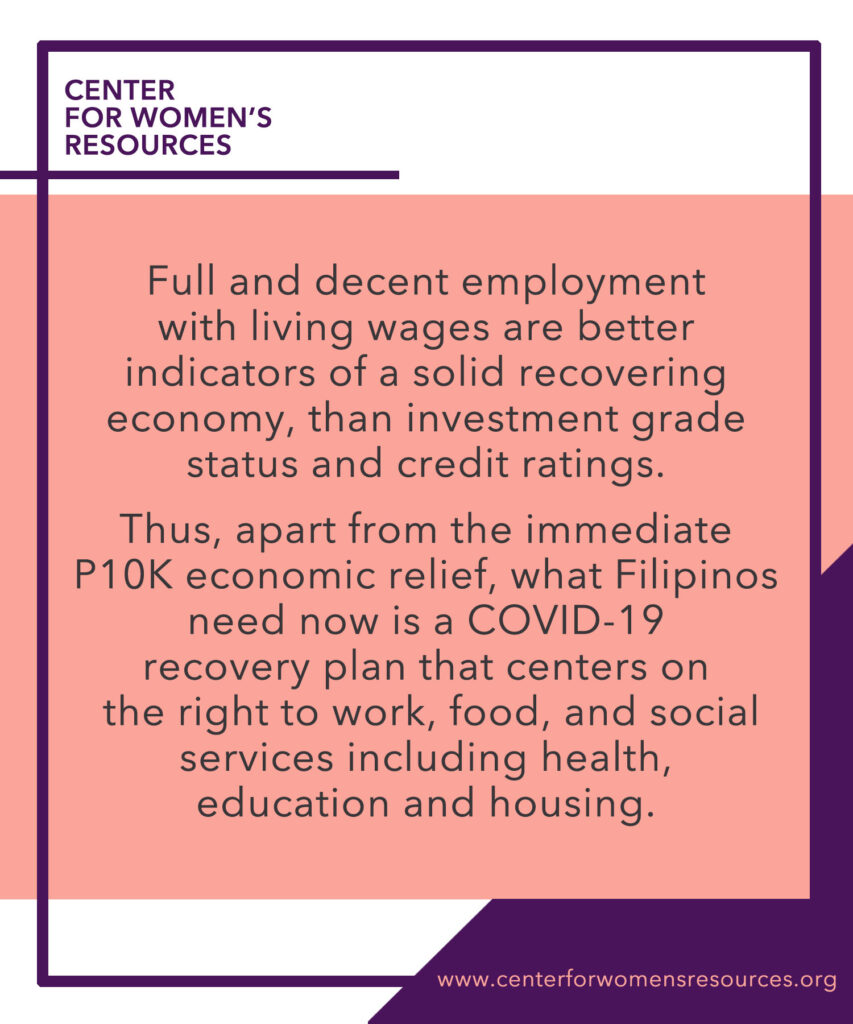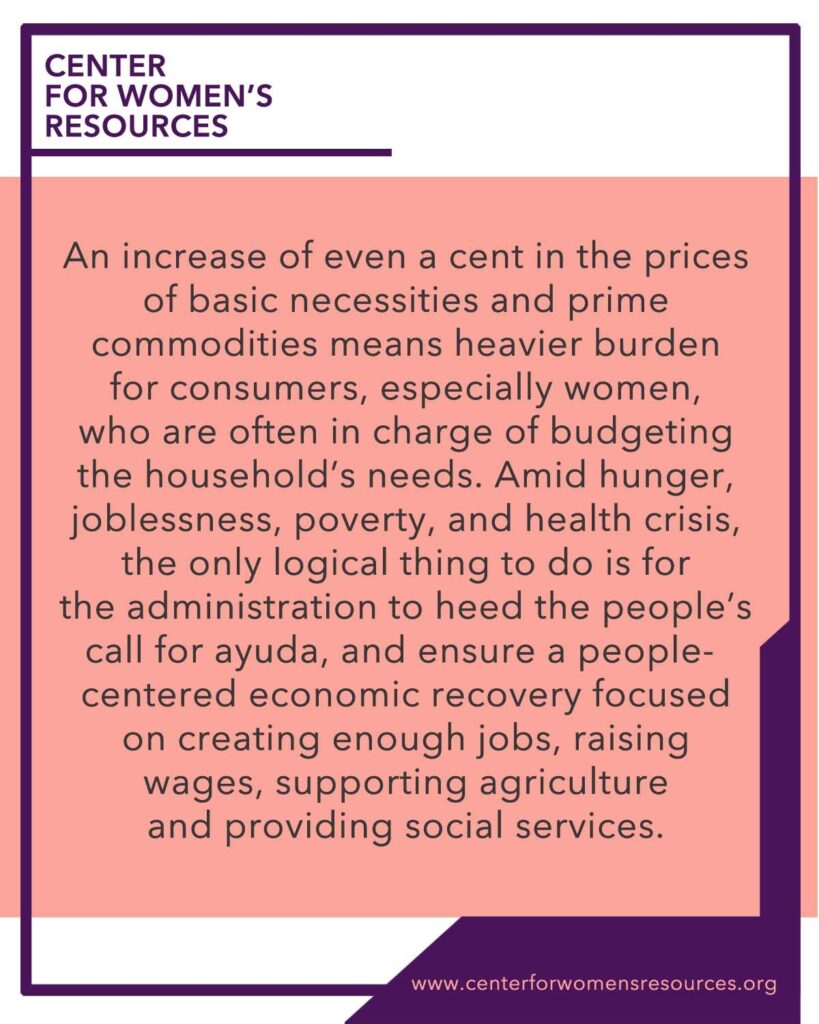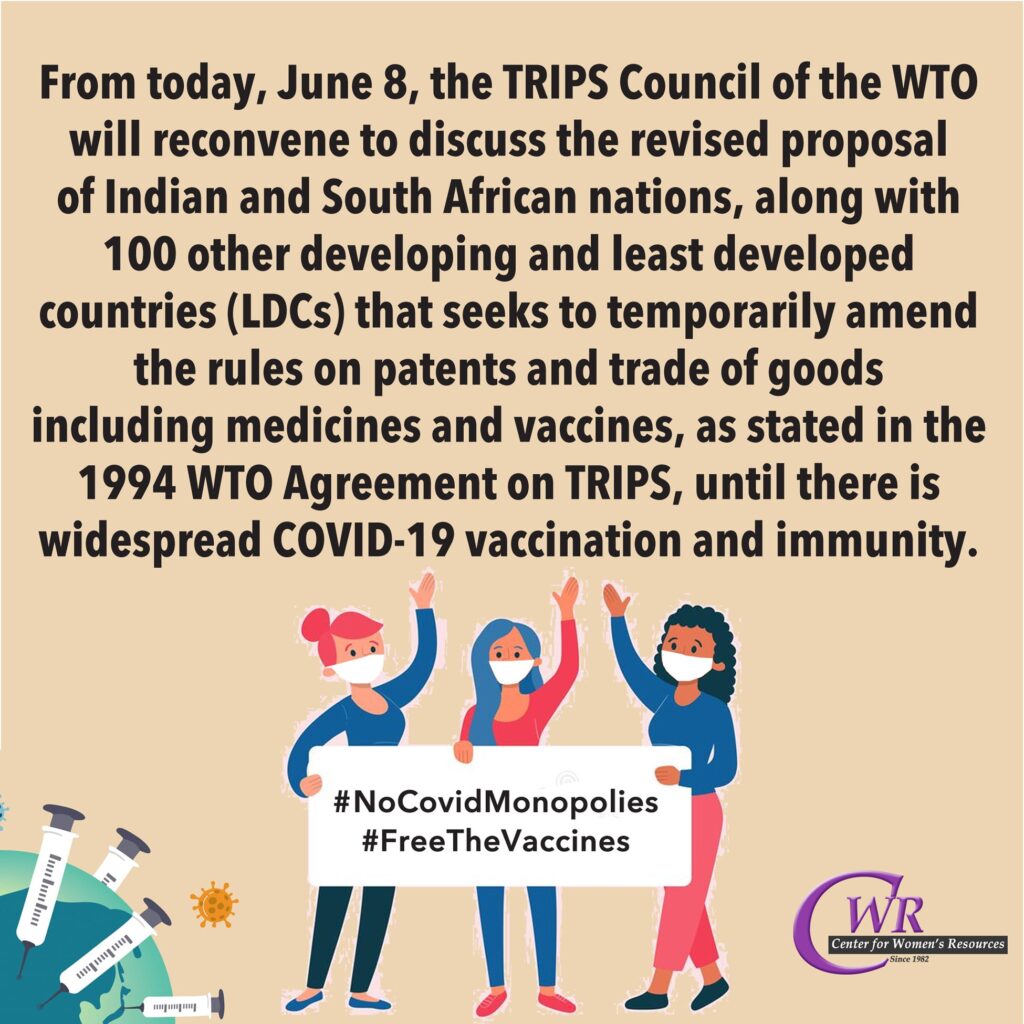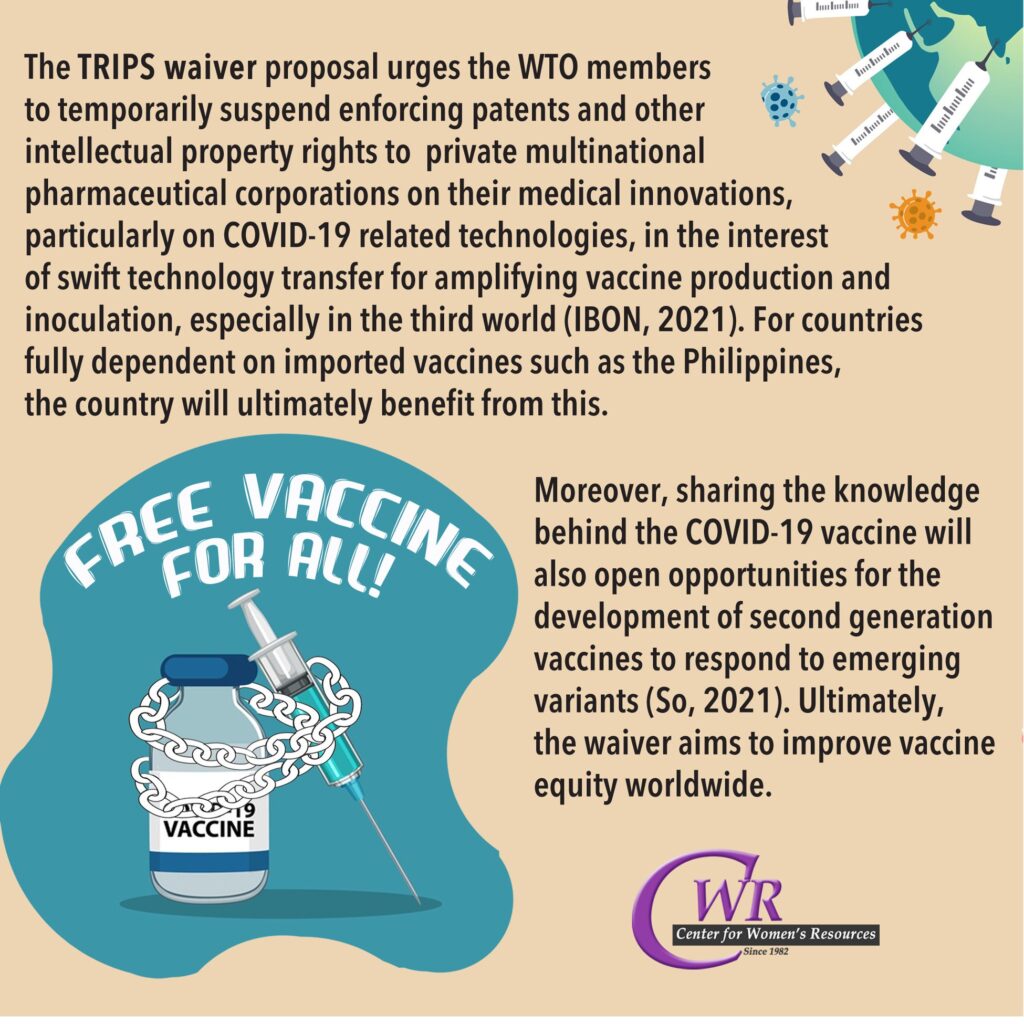More than a year into the COVID-19 pandemic, farmers and farm workers remain the most neglected and hungry despite being considered as “food security frontliners.” Farm workers, especially, continue to suffer dire poverty and feudal and semi-feudal exploitation due to landlessness, agricultural backwardness and rural maldevelopment.
In the town of Guimba, Nueva Ecija, Radyo Natin Guimba (2021) reported an increase in upa sa tanim or contractual payment for rice grain planting to Php5,000 per hectare from the previous amount of Php4,500 per hectare for high breed seeds such as SL8 and Longping palay varieties during the rainy season cropping period. Moreover, there are also “package deals” of land preparation and planting called bunot-tanim which costs Php 7,000. In addition, contractual payments for inbred seeds amounts to P6,500 per hectare for “package deals”. Upa sa tanim also varies in different regions and provinces.
However, while there is a slight increase in upa sa tanim, this does not automatically translate to higher daily wages for farm workers. This contractual payment for planting is usually managed by the kabesilya or middlemen who typically, employs around fifteen (15) farm workers who work on a hectare of land for the entire day. After the kabesilya has deducted a significant share of the payment for their management, as well as the farm workers’ tampa, farm workers will only receive around Php200 for an entire day’s work. Moreover, contractual farming for planting also ensures that landlords own all crop shares during harvest season and hired farm workers are paid for their labor force.
Farm workers buried in debt even before cropping season begins
In the same article, Zandro Tomas of Nagpandayan, Guimba, Nueva Ecija and a leader of Liga ng Manggagawang Bukid, farm workers are forced to seek advanced payments such as tampa from the kabesilya or middlemen because farming is the only source of livelihood available.
Tampa is a local term used for a system wherein farm workers are forced to loan from landowners or middlemen for “pantawid-gutom” so their families could get through before the cropping season begins. Loan can be in terms of cash, or in other areas, other products and necessities. In turn, landowners are assured that farmworkers who received tampa will work for them during the cropping season.
Tampa will be deducted by the kabesilya from their actual daily wage during the planting season. Tomas explains that the supposed wage of P300-P400 per day for each farm worker based on the increase in contractual payment per hectare is reduced by half after tampa is deducted.
The existence of contractual payments, tampa, and other exploitative schemes depicts the country’s failed land reform program and belies the promises of agricultural liberalization, including the Rice Liberalization Law, which allowed local palay prices to plummet down to as low as Php10-12 per kilo in provinces in Luzon (CWR, 2021). Moreover, importation of agricultural products brought about by agricultural liberalization did not guarantee lower prices of commodities. As of January 2021, the retail price of well-milled rice is at Php 41.04 per kilo.
Farm workers most hit with rising prices of commodities
The meager Php200 that farm workers in Nueva Ecija receive per day is less than enough to ensure the basic needs of their families amid rising prices of basic commodities. In Central Luzon, the minimum wage for plantation workers should be around Php 354.00-390.00 as of January 2020. In some towns in Cagayan Valley, farm workers earn a daily wage of P250 during the COVID-19 pandemic (CWR, 2021). In other rural areas, daily wage can go as low as Php 150 per day.
According to the National Wages and Productivity Commission of the Department of Labor and Employment (DOLE), the current daily minimum wage rate for agriculture in areas outside the National Capital Region (NCR) is Php 290- 390 depending on the region. These do not include social securities and benefits as farm workers are employed in contractual and seasonal work. Existing systems such as ”tampa” also ensure that farm labor remains cheap and subject to further exploitation.
For areas outside NCR, PSA reported an inflation rate of 4.4% for June 2021, and while it is a slight decrease from the average 4.7% during the first quarter of 2021, it is still much higher compared to the reported 2.7% inflation rate in June 2020.
For consumers in rural areas, this means that prices of basic commodities such as food, water, electricity, fuel, and housing continue to rise while daily household income is meager and uncertain. It is ironic that farm workers are surrounded by land that they do not have the right to till, and are producing for an economy that leaves them with nothing for their own tables.
Food sovereignty and self-sufficiency is central to post-COVID 19 recovery
Even before the onslaught of the COVID-19 pandemic, landlessness and massive land-grabbing have continued to drive peasants and small farmers away from their own lands. Local landlords continue to monopolize land ownership, machineries and industries in the rural areas.
For a country that largely depends on agricultural production, it is important that pandemic recovery is focused on ensuring food security for the population. In the government’s Bayanihan 3: Bayanihan to Arise As One, around PhP 30 Billion is allocated for the agriculture and fisheries sector through various forms of assistance. However, there is no particular aid or relief specified for small farmers and agricultural workers.
Thus, farmer groups have continued to push for Php100 daily wage relief for workers and Php 15,000 agricultural production subsidy, along with the Php 10,000 cash aid. The road to pandemic recovery must prioritize support for the basic sectors, who are the main drivers of the economy.
More importantly, sustainability and food security in the long term is not possible without challenging the very system that allows people to suffer from hunger and poverty. Unless policies that ensure profit for corporations and landlords cease to exist, farmers and farm workers will continue to suffer the bounds of feudal and semi-feudal exploitation. Thus, the struggle for genuine land reform is crucial for a self-sustaining future.
References:
Center for Women’s Resources, 2021. Kababaihang Pilipino sa Panahon ng Pandemya at Militaristang Lockdown, Ulat Lila 2021.
National Wages and Poverty Commission, 2021. Summary of Regional Daily Minimum Wage Rates, Non-Agriculture and Agriculture. https://www.nwpc.dole.gov.ph/…/summary-of-current…/
Philippine Statistics Authority, 2020. Trends in Agricultural Wage Rates. https://psa.gov.ph/…/farm-workers-are-paid-average…
Radyo Natin Guimba, 2021. Upa sa tanim tumaas, mga manggagawang bukid, sagad na sa tampa. https://www.facebook.com/radyonatinguimba105.3/posts/4242601802491574









